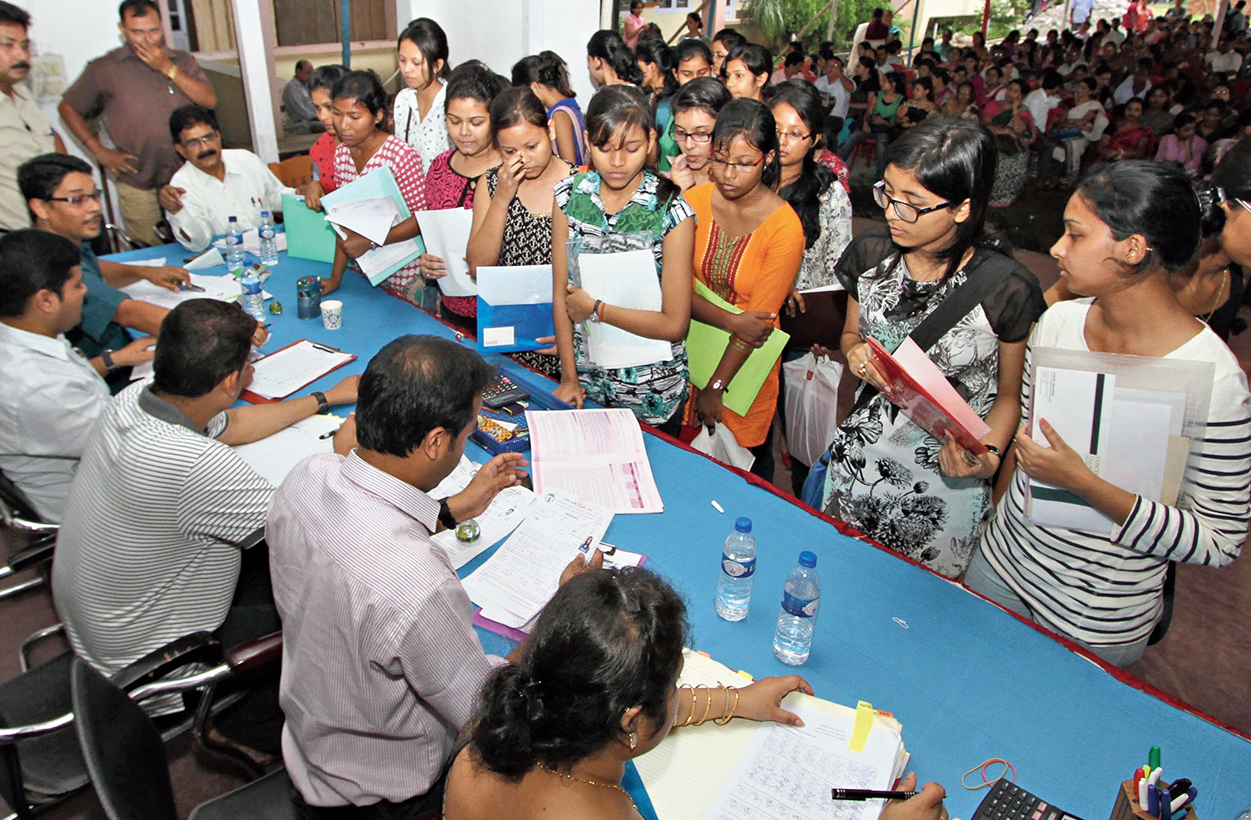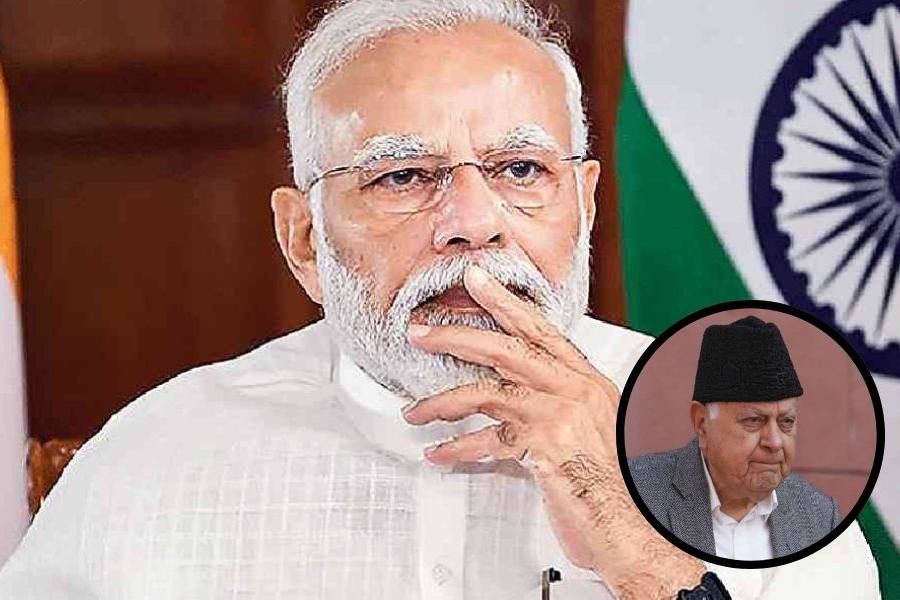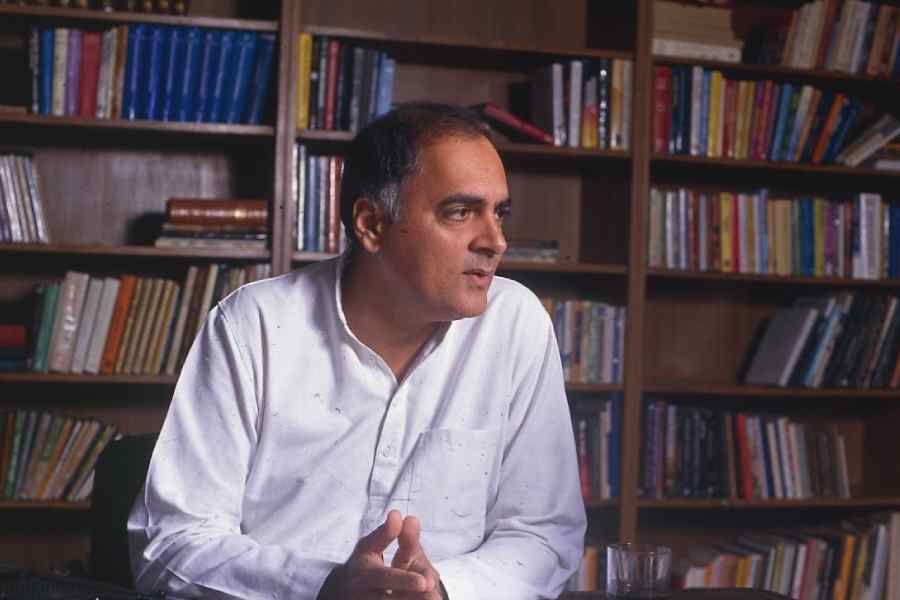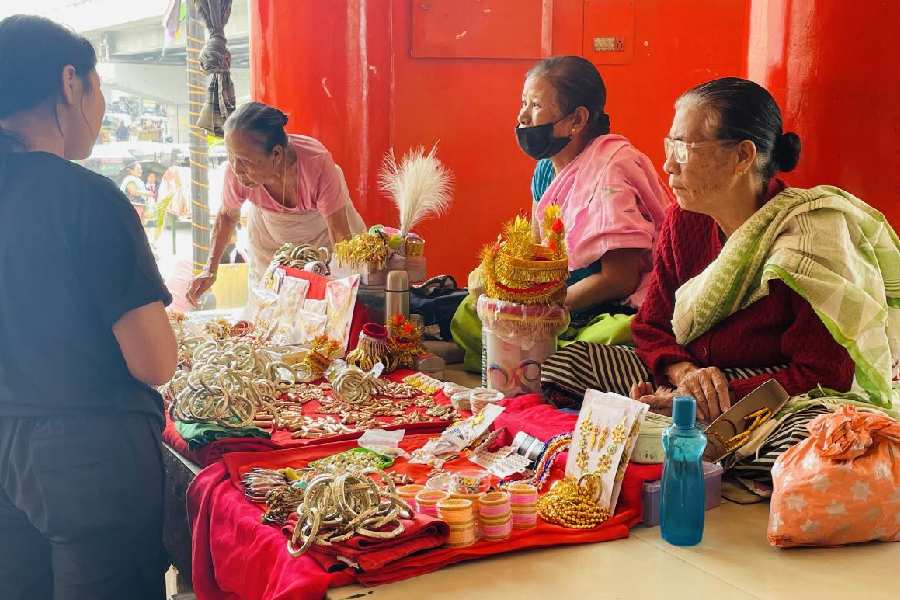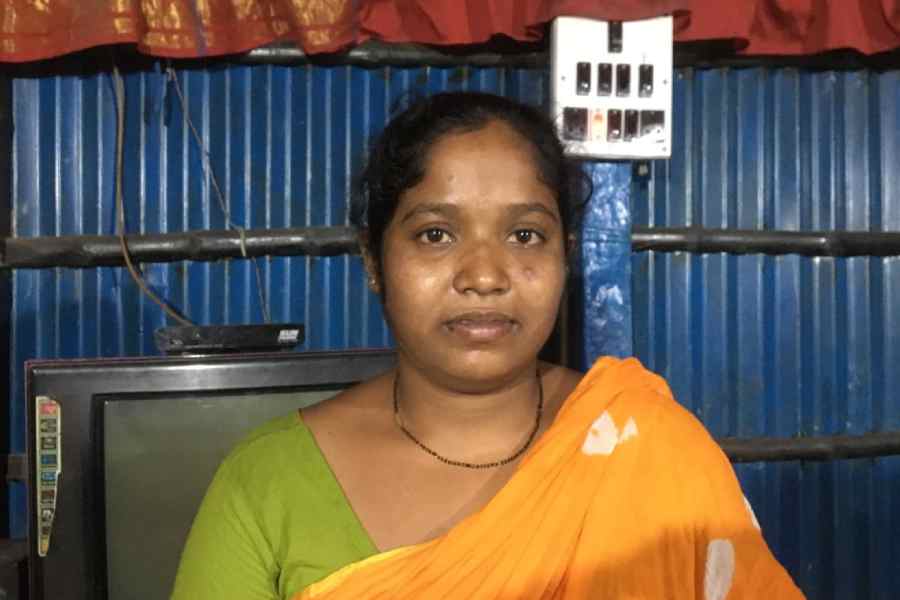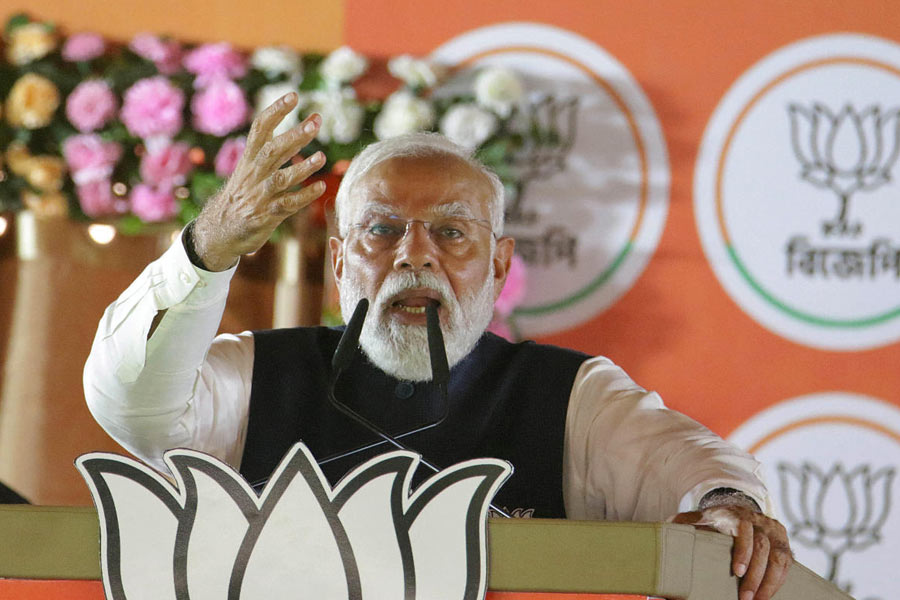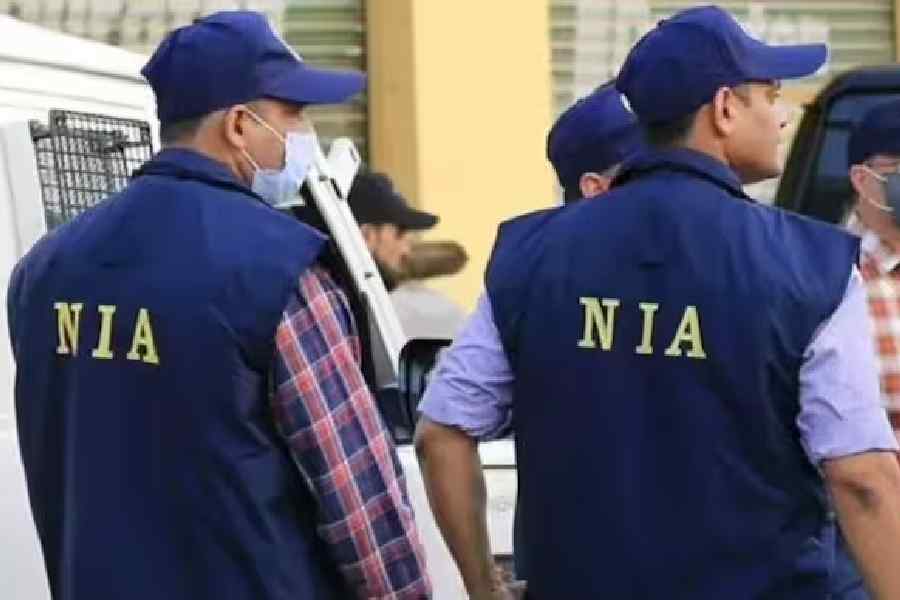The Assam government has set a uniform fee structure for government and provincialised colleges of the state for the first time.
The uniform fee will be applicable for both the higher secondary classes and degree courses and will have to be paid by the students who will not be able to avail of the government’s free admission scheme.
The directorate of higher education has sent the approved fee structure to all the colleges to implement from this academic session.
The need for a uniform fee was felt as it was found that the fees varied to a large scale from college to college despite the fact that all these colleges are run by the state government.
Some colleges in Guwahati used to charge upto Rs 14,000 as admission fee forcing former education minister Himanta Biswa Sarma to vow to implement a uniform fee structure.
The state education department had earlier formed a committee with then director of higher education B.L. Sarma as its chairman and principals of B. Borooah College, SB Deorah College, Bajali College, Lakhimpur Girls College, CKB College and Ratnapith College as members to recommend the uniform fee structure.
It was supposed to be implemented from the 2017-18 academic session itself.
However, the fee could not be finalised.
The state government then requested the Assam College Principal Council to prepare a uniform fee structure. The council submitted their recommendations.
“The government has implemented the recommendations of the council with some changes. However, the fee for degree science courses is less than what we recommended. We think it would have been helpful for the colleges had the government made the fee for degree science courses a little more,” said Hiranya Chaliha, the president of the council.
Chaliha described implementation of uniform fee as a “significant” step in the education scenario of the state.
Under the final structure, the fees are different for educational institutions in metro, urban and rural areas and less for a girl student than a boy in higher secondary classes.
For a girl, the fee is Rs 4,320 in metro, Rs 3,920 in urban and Rs 3,420 in rural.
For higher secondary science stream, the fee for a boy is Rs 5,390 in metro, Rs 4,990 in urban and Rs 4,490 for rural. For a girl the fee is Rs 4,670 in metro, Rs 4,270 in urban and Rs 3,770 in rural.
For a general degree course in arts and commerce streams, the fee for a boy is Rs 5,620 in metro, Rs 5,320 in urban and Rs 4,720 in rural. For a major course, the fee is Rs 5,840 in metro, Rs 5,540 in urban and Rs 4,940 in rural.
For a general degree course in science, the fee is Rs 6,040 in metro, Rs 5,740 in urban and Rs 5,140 in rural. For a major course the fee is Rs 6,820 in metro, Rs 6,520 in urban and Rs 5,920 in rural.
Barring the establishment cost that the colleges use for different activities like paying electricity bills and repair of classrooms, the fees for all other heads is same.
However, the admission in higher secondary courses in many colleges of the state was over by the time the higher education department published the fee structure (on June 4).
Chaliha said most colleges in rural areas of the state will benefit from the uniform fee structure as they had been charging less than what has been fixed by the government now.
However, the admission fee will be free for those students whose parents’ income is less than Rs 2 lakh a year.

